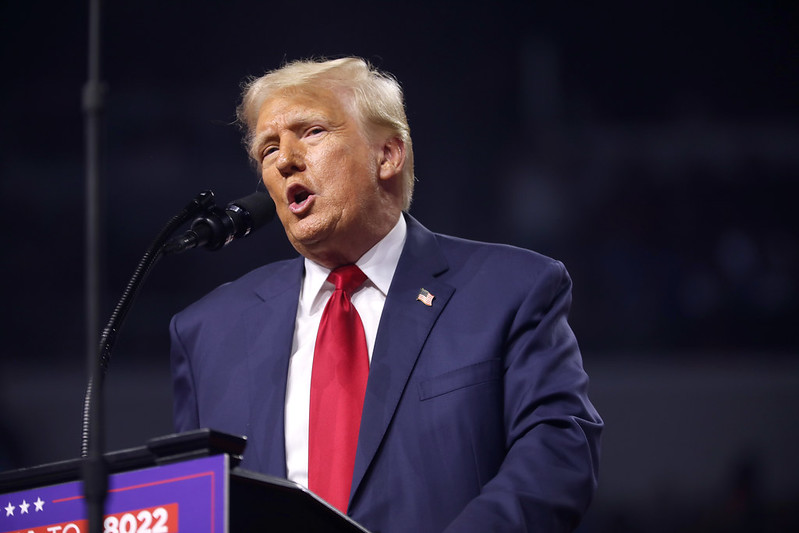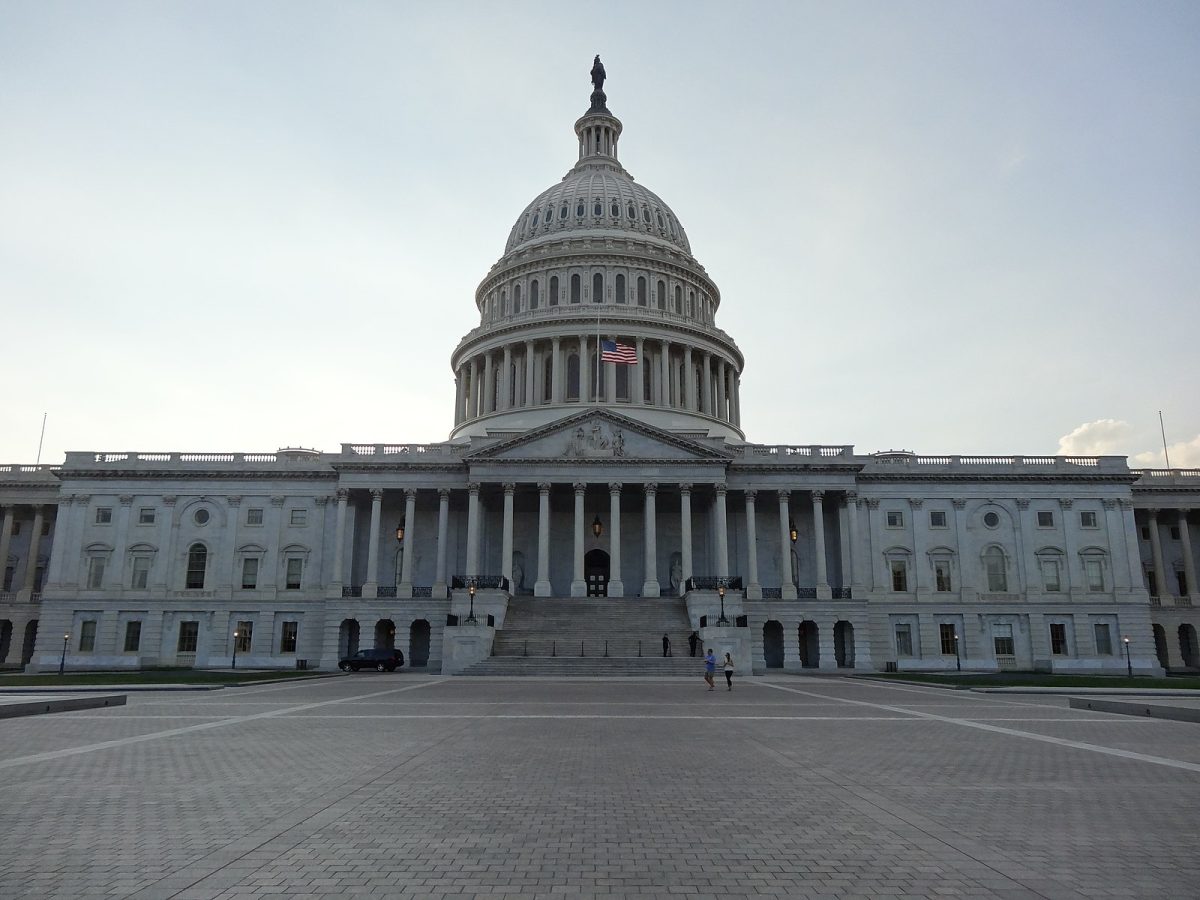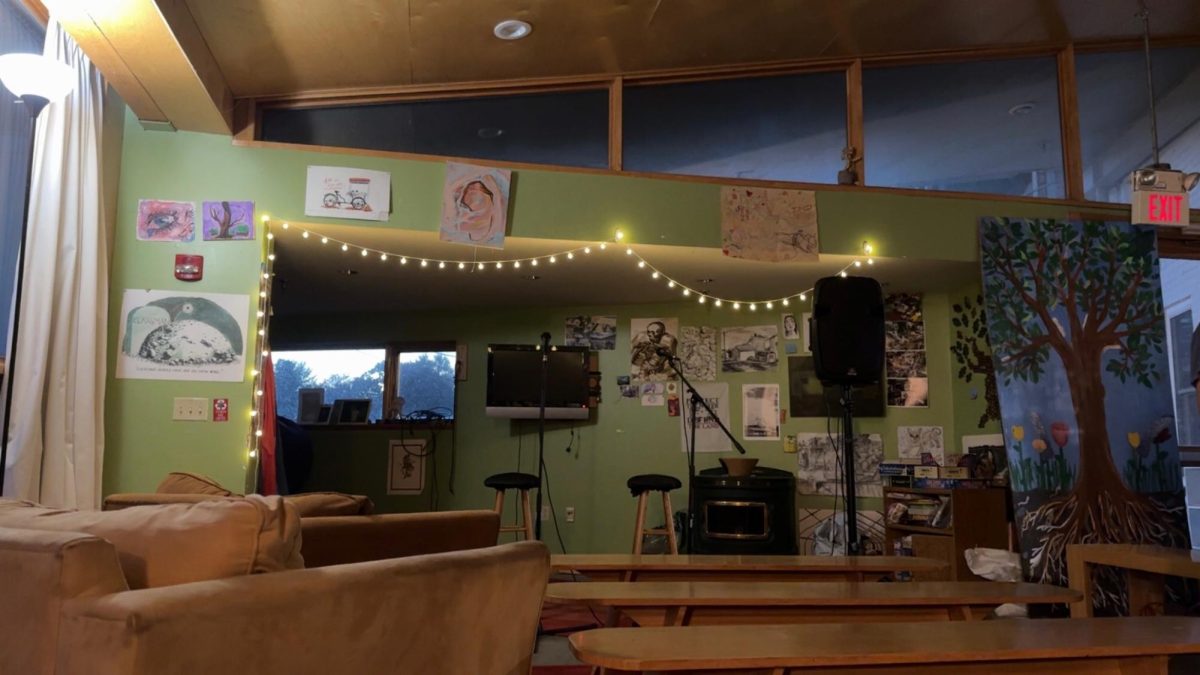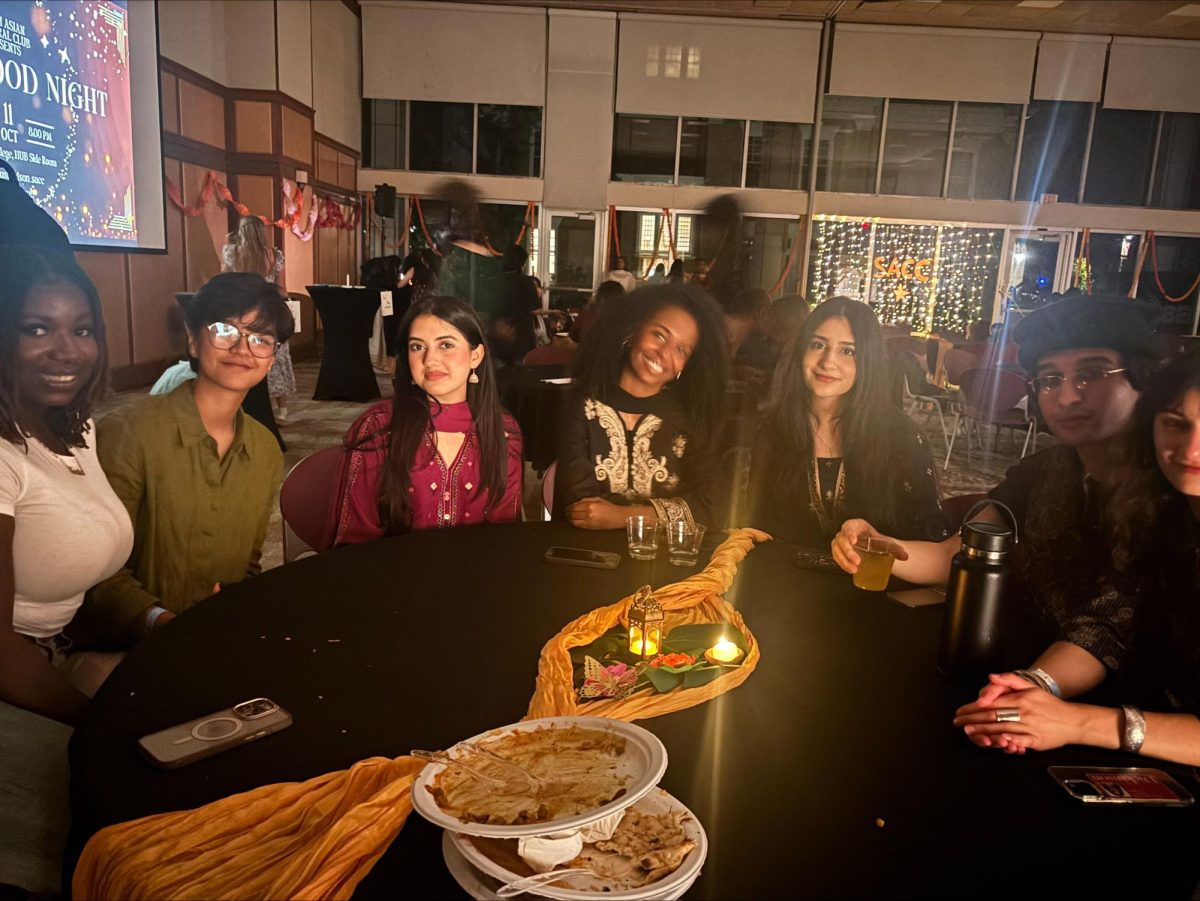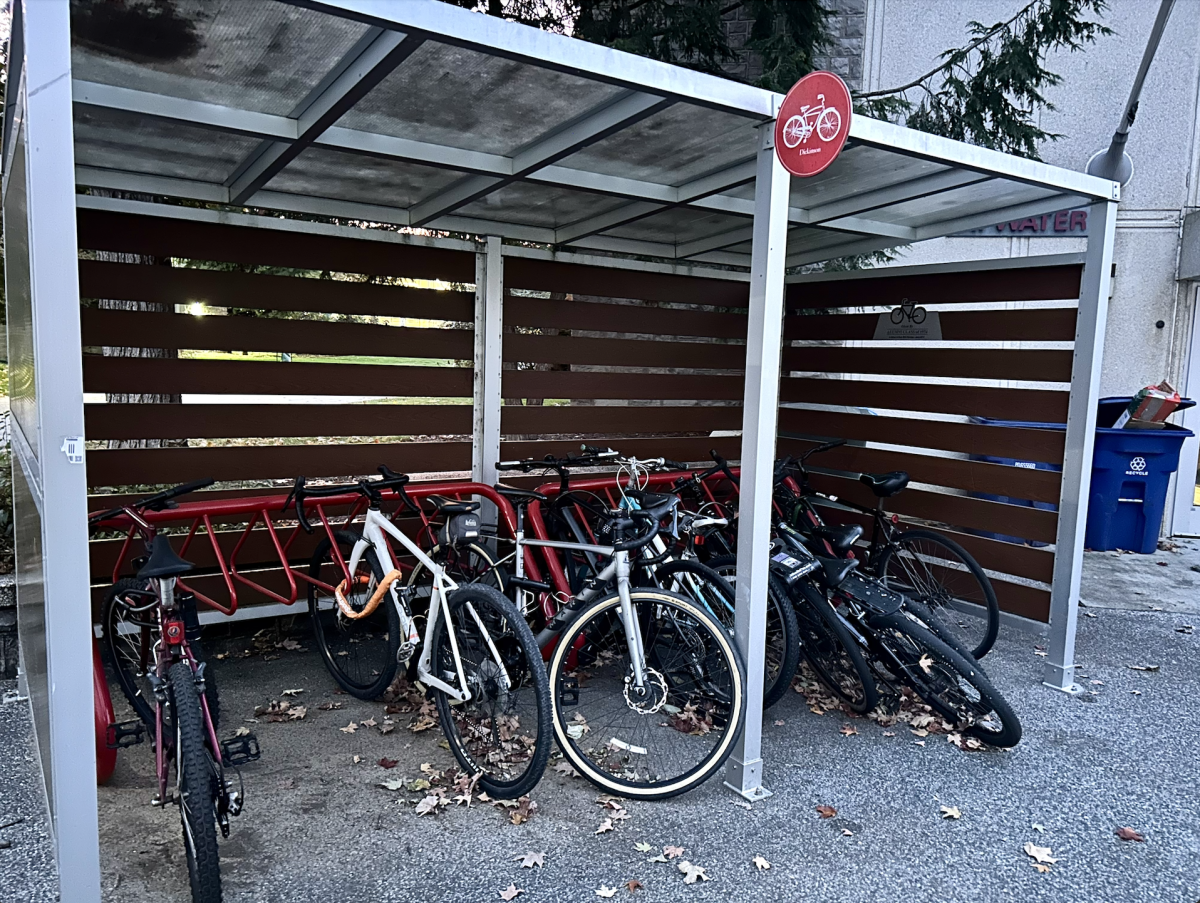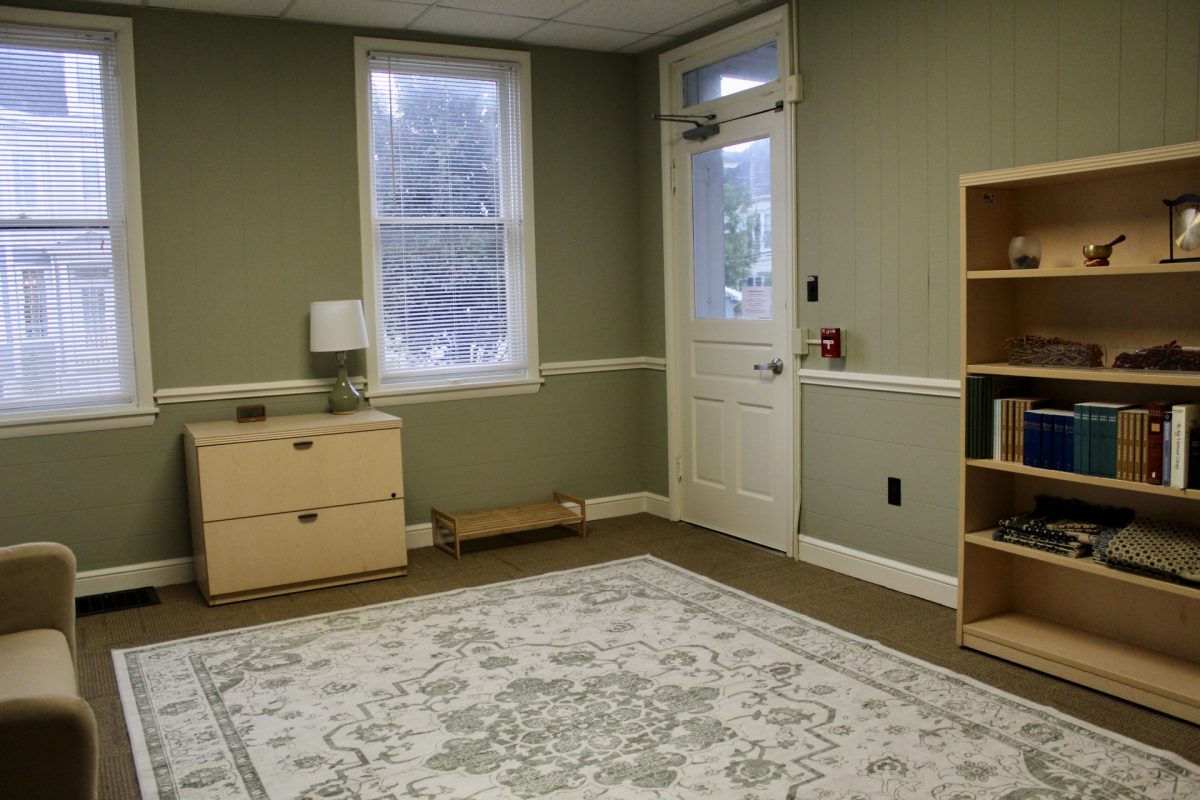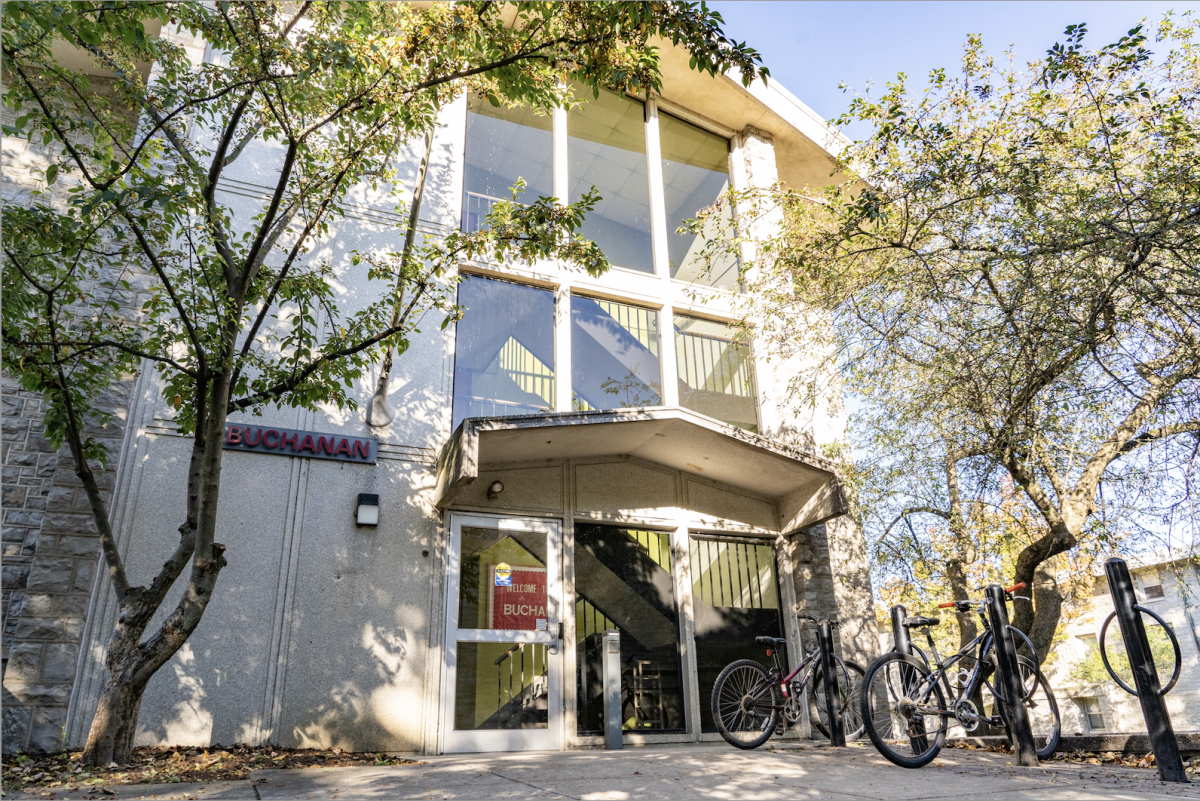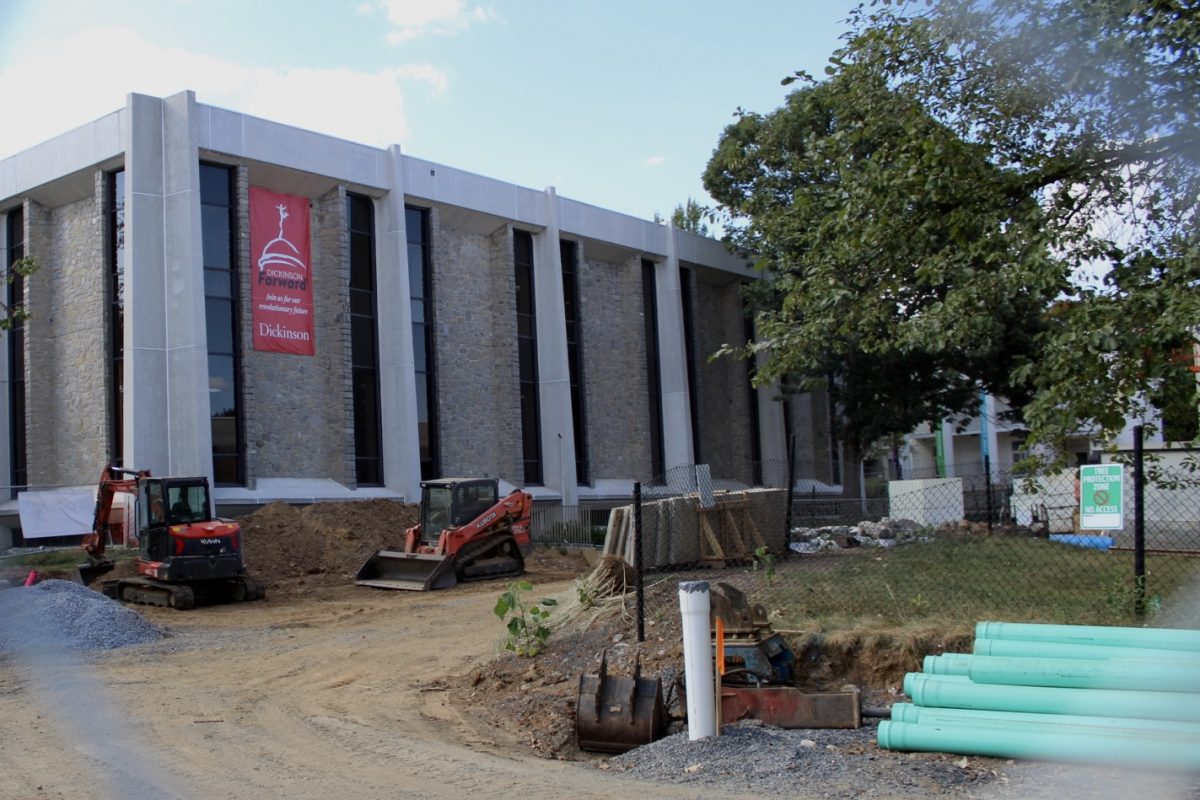The Clarke Forum held a open lecture on the recent 2024 election on Nov. 7, inviting students to hear from multiple professors on campus. Sarah Niebler, associate professor of political science, moderated a discussion with professors Katie Marchetti, Russell Bova and Ed Webb.
Each professor was given five minutes to provide their analysis of the election and its long term implications. Niebler began with her point that no singular demographic enabled a Republican victory in the presidential election. On her map, many counties had shifted to the right with only a few exceptions going the other way, mostly in Colorado and Georgia.
Her core argument was that blaming voters is nonproductive. On a more positive note, her estimate is that precinct Carlisle 3-1, where Dickinson students vote, had students make up two-thirds of the voters.
Marchetti, who specializes in American politics, focused her analysis on voter demographics. She pointed to one analysis which found that education level is a major point of difference between support. She also found that there is a stark gender divide, with men notably voting more conservative. Another point she made was that potential female candidates at all levels may be disincentivized to run for office given the result this year and 2016.
Bova offered his expectations on what U.S. foreign policy in upcoming years may look like. He bleakly predicts the end of a foreign policy which supports democracies in favor of alliances with the repressive states in the Middle East. He believes Russian and Chinese politicians are likely to be thrilled by a more predictable administration, and that federal funding for democratic causes such as climate change, industrial development and support for allied governments is likely to dry up. In short, Bova believes the world will become increasingly unstable during the Trump presidency.
Webb put the electoral result into its international context. Incumbents throughout the world have been losing at a higher rate this year than in prior elections. Additionally, this trend has benefited the BRICS (Brazil, Russia, India, China and South Africa) block of powers to counter western influence, particularly in Africa, which Webb studies.
Another question was about the potential ramifications of cuts to federal education spending. Deregulation may lead to greater inequality in schooling, with less funding for public schools. Bova warned of likely cuts to research funding, and the possibility of larger cuts to universities. Additionally, FAFSA and other forms of student aid may suffer cuts, which would weaken the financing of universities as a result.
Another question was about the future of immigration in the United States. Niebler pointed out that any mass deportation efforts towards immigrants is not practical. Additionally, Marchetti reminded the audience that birthright citizenship is protected by the Constitution.
Niebler pointed out the longer term polarization that has been going on for decades in society. Bova explained that while Americans have become more tolerant of those who are of a different ethnic or religious group, political affiliation has become a factor in how U.S. citizens choose a partner. It seems that politics are a stand-in for people’s values.
In terms of effects on campus, there may be cuts in financial aid. Potential applicants may become more cautious about where to go for college, which may lead to changes in scholarships and numbers. The world may also become more unpredictable for international students regarding visa status.



